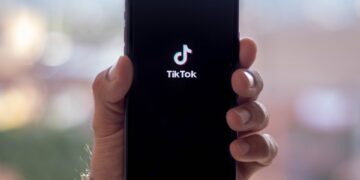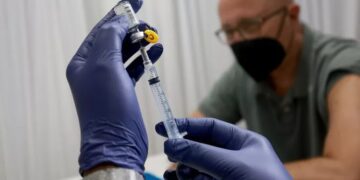Experts warn artificial sweeteners cause diabetes, kidney damage
Experts are worried that increased consumption of artificial sweeteners found in bread, pastries and biscuits, which are now being used by bakeries and food processing companies in place of sugar may pose serious health risks to Nigerians.
They also cautioned against using artificial sweeteners for weight loss or to reduce the ‘risk of noncommunicable diseases’, saying that long-term use may predispose to health risks that include diabetes, heart-related issues and kidney problems.
According to the recent guidelines on Non-Sugar Sweeteners, the World Health Organisation warned against the use of NSS to control body weight or reduce the risk of noncommunicable diseases, insisting that NSS are not essential dietary factors and have no nutritional value.
READ ALSO: Gwale vet lab, other health facilities team up for One Health
The WHO urged people to reduce the sweetness of the diet altogether and should start early in life to improve their health.
It noted that the recommendation is based on the findings of a systematic review which suggests that the use of NSS does not confer any long-term benefit in reducing body fat in adults or children.
The WHO’s findings suggested that there may be potential undesirable effects from long-term use of NSS, such as an increased risk of type 2 diabetes, cardiovascular diseases, and mortality in adults.
WHO’s Director for Nutrition and Food Safety, Francesco Branca, said, “Replacing free sugars with NSS does not help with weight control in the long term. People need to consider other ways to reduce free sugar intake, such as consuming food with naturally occurring sugars, like fruit, or unsweetened food and beverages.
READ ALSO: Contagious Coronavirus variant XE identified, spreading in UK
“NSS are not essential dietary factors and have no nutritional value. People should reduce the sweetness of the diet altogether, starting early in life, to improve their health.
“The recommendation applies to all people except individuals with pre-existing diabetes and includes all synthetic and naturally occurring or modified non-nutritive sweeteners that are not classified as sugars found in manufactured foods and beverages, or sold on their own to be added to foods and beverages by consumers.”
The WHO listed non-sugar sweeteners as acesulfame K, saccharin, aspartame, advantame, cyclamates, neotame, sucralose, stevia and stevia derivatives, saying that long-term consumption of these may be harmful to health.
READ ALSO: Do you know what causes foamy urine?
“The recommendation does not apply to personal care and hygiene products containing NSS, such as toothpaste, skin cream, and medications, or to low-calorie sugars and sugar alcohols (polyols), which are sugars or sugar derivatives containing calories and are therefore not considered NSS,” it added.






























